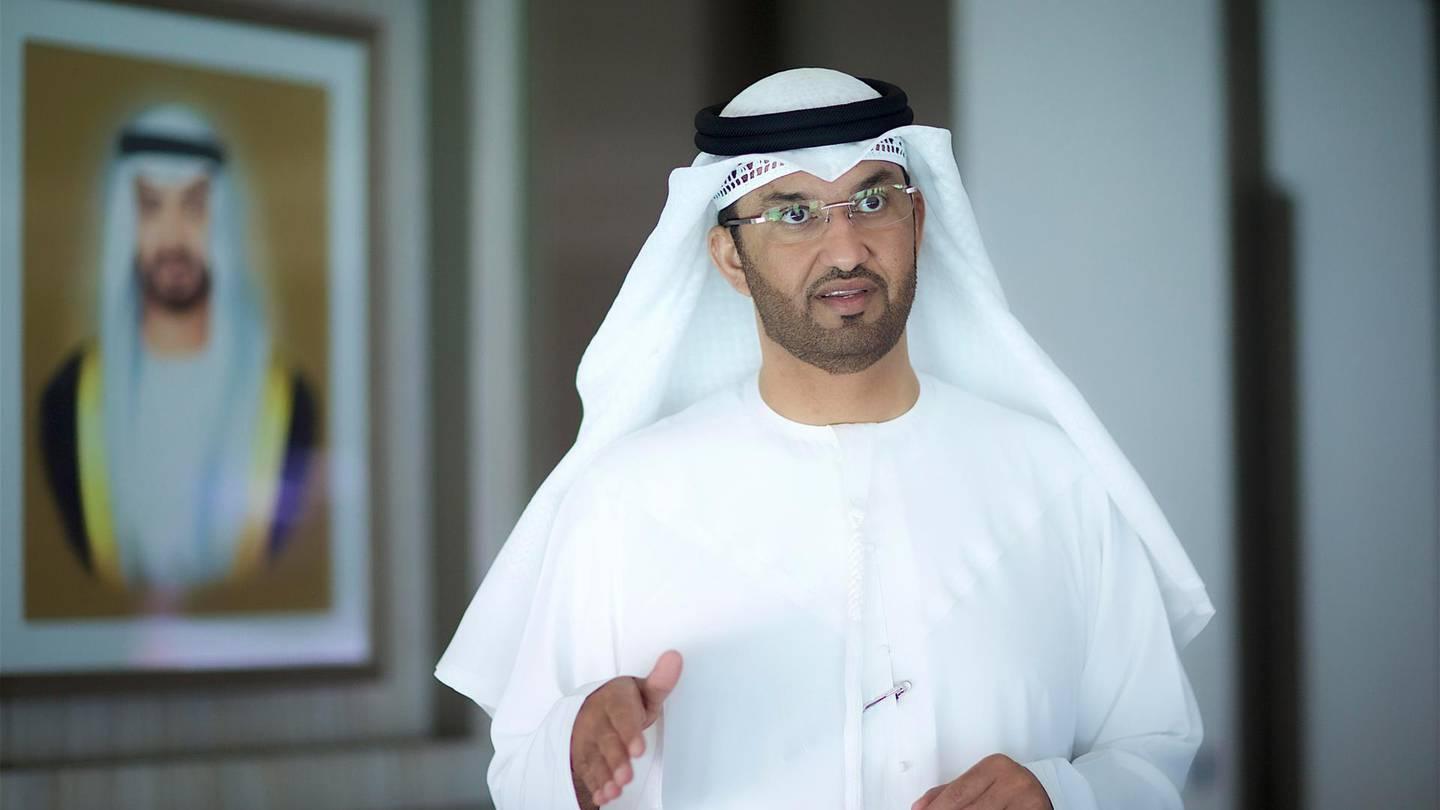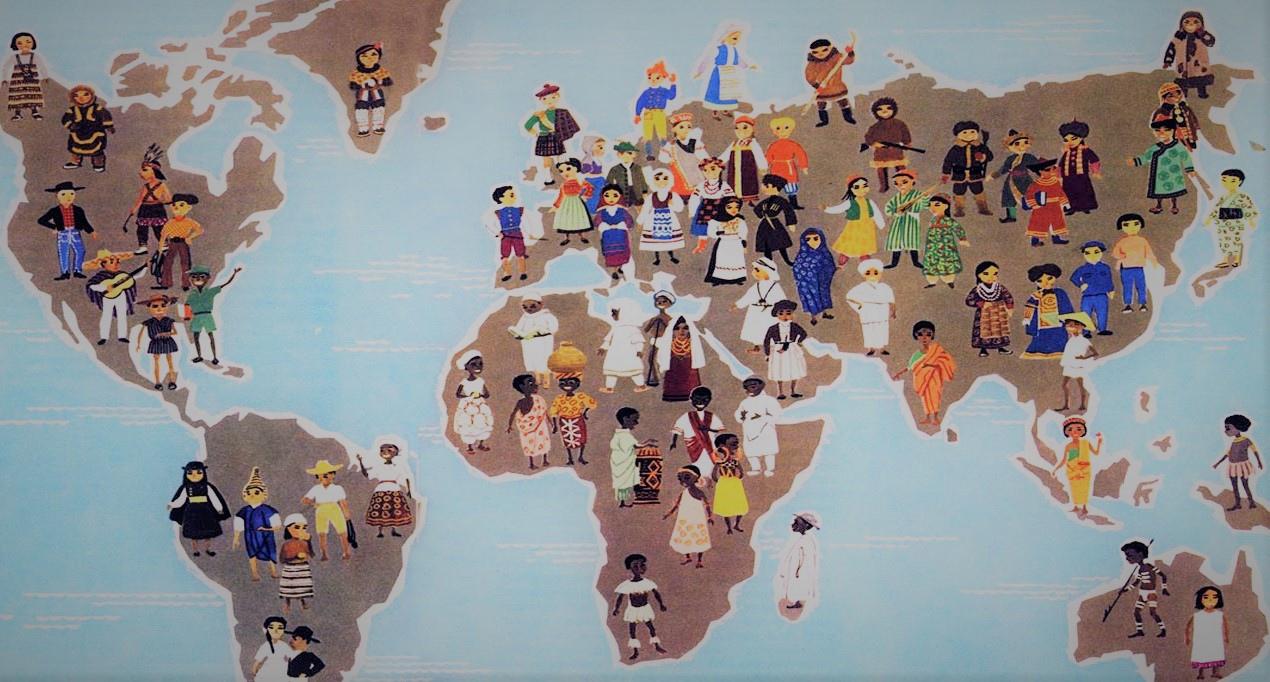Challenging humanity: Rethinking sustainability, unity, and progress Inspiring speeches illuminate Baku Energy Week
The speeches of the guests at the opening ceremony of the 29th International Caspian Oil & Gas Exhibition and the 12th Caspian International Power and Green Energy Exhibition within the framework of Baku Energy Week turned out to be very significant in many respects.
One of the examples is the statement of the Minister of Industry and Advanced Technologies of the United Arab Emirates, Sultan bin Ahmed Al Jaber, that the planet is facing unprecedented challenges. However, he went on to note that in this cycle of challenges, there are still unprecedented economic opportunities to rethink the future of humanity towards "sustainability and resilience". As he put it, this aspect implies justice, equality and the promise of a world that creates development opportunities for every child "regardless of where they are born". In the context of realising which, all countries, sectors, communities and individuals must step forward, contributing to a cause that knows "no borders or generations".
Following these three megatrends for defining the future of all humanity, Al-Jaber outlined the rise of artificial intelligence (AI), the accelerating energy transition and the rise of emerging markets, coupled with the Global South, within which close collaboration between AI and energy is being actualised.

It is indeed a great vision, but one that raises a lot of doubts and questions like, how prepared is humanity itself to live in peace with everyone near and far?
Unfortunately, this doubt is not new, and at our current historical stage, it is all too valid. Let us be honest with ourselves: hasn't humanity, globally, become much tougher and more intolerant toward each other? This isn't merely about rejecting individuals of different skin colour, eye shapes, religions, or languages. The issue is broader and more global.
Today, human life seems greatly devalued. Millions of people are desensitized to images of mass deaths, destruction, floods, and other natural disasters, even when they affect those living in similar geographical areas. In many cases, violent death no longer provokes more than a fleeting acknowledgement of tragedy.
Furthermore, there is tremendous polarization worldwide, not only between ethnic and religious groups but also within religious branches. We are witnessing mutual rejection not only between civilisations but also within individual civilizations. The world is fragmenting into geopolitical blocs and separate areas where people are indifferent to what happens around them.
Many of these divisions are artificially fueled by ideologues promoting chaos through blood and fear. However, this is the backdrop of today's historical period. This raises a crucial question about the mass readiness to heed the context of Sultan bin Ahmed al-Jaber's serious speech. Even if many are willing to listen, to what extent are they prepared to act? Are they ready to accept people of different skin colours or languages as equals?

Amidst numerous challenges and obstacles, it's undeniable that finding solutions to the crises of thought, ideology, and social conflicts is daunting. However, does this mean we should discard the ideas presented in al-Jaber's speech? Absolutely not. It's crucial to listen attentively and draw meaningful conclusions. The interconnectedness of our world means that the demise of civilization would not discriminate based on geography. Hence, isolation is not a viable option.
Instead, we must recognize that survival and progress necessitate a unified approach. By leveraging artificial intelligence and transitioning to sustainable energy sources, we can propel global advancement. The upcoming COP29 in Azerbaijan holds significant promise in this regard. As President Ilham Aliyev stated, "As the host country of the COP, we fully understand the associated benefits." Through this platform, Azerbaijan can share its experiences and offer a model for fostering mutual understanding worldwide.
This way of life is attainable if everyone is willing to embrace it.
Teymur Ataev, exclusively for Caliber.Az
The perspectives and opinions articulated by guest columnists in their articles may vary from the stance of the editorial board and may not always align with its viewpoints.








